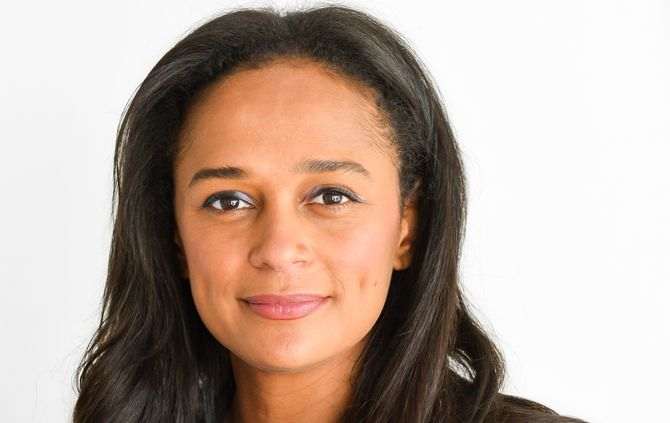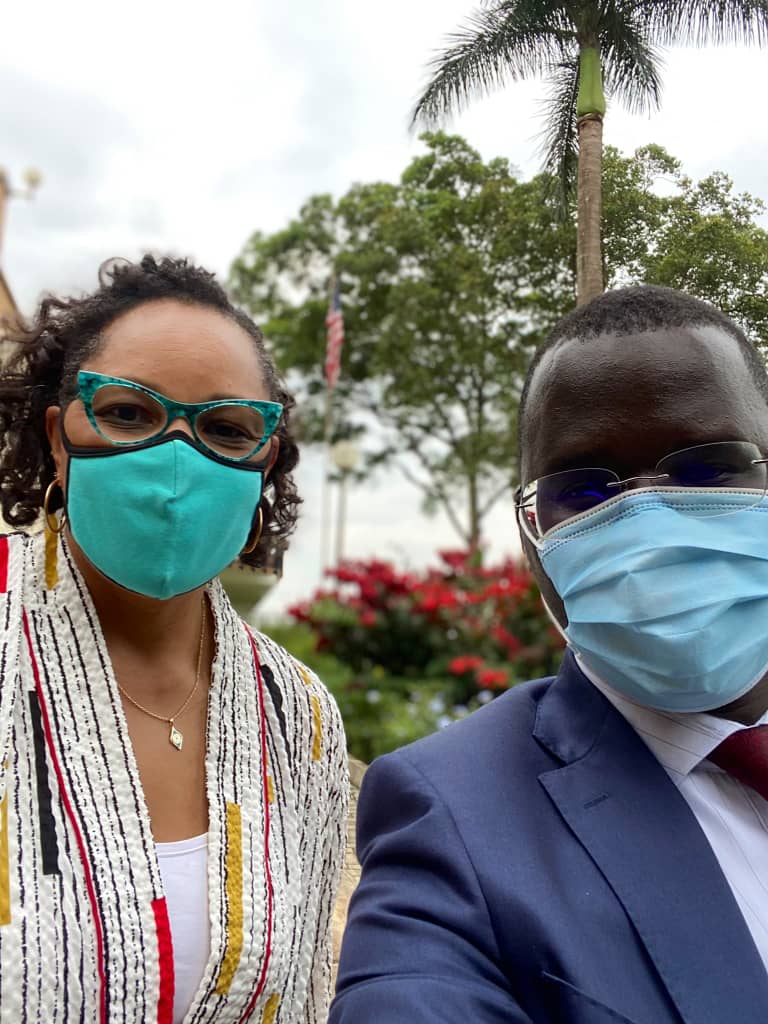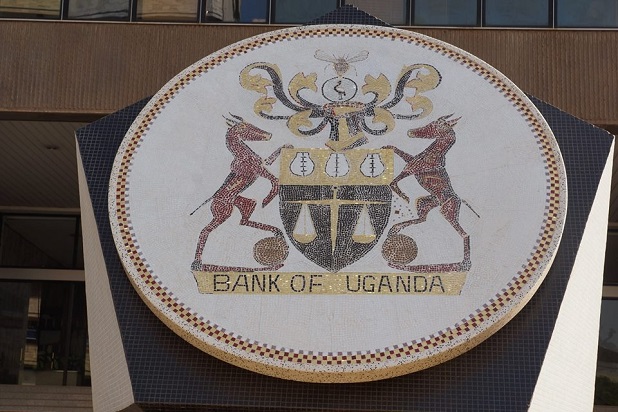Less than a month after being fired as head of Angola’s state-owned oil company, Isabel dos Santos says she is studying new deals, reports Bloomberg.
Dos Santos, Africa’s richest woman, said two major Angolan banks she has links to are preparing to sell shares as part of plans to strengthen their operations at home and abroad.
She also said Friday she remains committed to her investments in Portuguese oil company Galp Energia SGPS SA and cable operator NOS SGPS SA.
The daughter of former Angolan President Jose Eduardo dos Santos, the 44-year-old has an estimated wealth of $2.5 billion.
Joao Lourenco, who became head of state in September, fired Dos Santos from her position as chair of Sonangol last month.
He has vowed to end monopolies and tackle corruption and poverty in a country where the former leader’s family and their allies control large sectors of the economy. Dos Santos said her dismissal was “normal” in the context of the change in political control.
“I think there was a change in vision in terms of where to take the company,” Dos Santos said in an interview during a conference in the Egyptian resort of Sharm El-Sheikh. On speculation about the decision, she said: “I’m not a politician and my focus is on business, on building businesses.”
Banco de Fomento Angola, the oil-rich country’s second-biggest bank, may sell a stake of as much as 25 percent in an initial public offering in the first quarter of 2019, said Dos Santos, who is vice president of the lender. The bank is controlled by Unitel, Angola’s largest telecommunications company, of which Dos Santos owns a 25 percent stake.
Lourenco’s government is also planning to sell a minority stake in a state-owned telecommunications provider and hold an auction for a fourth industry operator, moves that may threaten Unitel’s market share.
New Shareholders
There are also plans to sell a stake in Luanda-based Banco BIC through a private placement of shares, said Dos Santos. A roadshow to market Angola’s fourth-biggest lender to potential investors will take place in the first quarter of 2018, said Dos Santos, who owns a 43 percent stake in Banco BIC and sits on the board.
“These banks have gone from strength to strength and I think it’s time now to open their capital and receive new shareholders,” Dos Santos said. Unitel owns 51.9 percent in Banco de Fomento Angola, while Lisbon-based Banco BPI, controlled by Spain’s CaixaBank SA, holds the rest.
“We’re still discussing whether London or Lisbon would be a better place,” she said. “But we’ve already made our intention clear to Angola’s central bank and their view was positive.”
‘Aggressive Plan’
While the size of the possible sale of shares in Banco BIC hasn’t been decided, it has put together a team to study the share offering and has also picked financial advisers for the sale.
Banco BIC, which has operations in Angola, Namibia, Cape Verde and Portugal, would use funds raised from a share sale to fund expansion, and is looking for opportunities in Africa and Asia, said Dos Santos. “We’re looking at mergers, we’re looking at acquisitions. We have quite an aggressive acquisition and licensing plan.” Banco BIC is discussing an opportunity in South Africa, she said, without elaborating.
Her dismissal as chair of Sonangol shouldn’t affect her investment in Portuguese oil company Galp Energia, where she holds an indirect stake, along with Sonangol and the heirs of Portuguese investor Americo Amorim of 33.4 percent, Dos Santos said.
“These are two different things,” she said. “The Galp investment is a very old investment, it dates back to 2008. It’s a stable investment.”
Dos Santos said she remains happy with her investment in Portuguese cable operator NOS, which is controlled by a joint venture Dos Santos owns with Sonaecom SGPS SA.
“The position in NOS is one to maintain and to keep,” said Dos Santos. “I like to think that our investment in NOS is an investment that will allow it to generate further growth and to look at the possibility of NOS growing in other areas, both inside and outside Portugal.”





